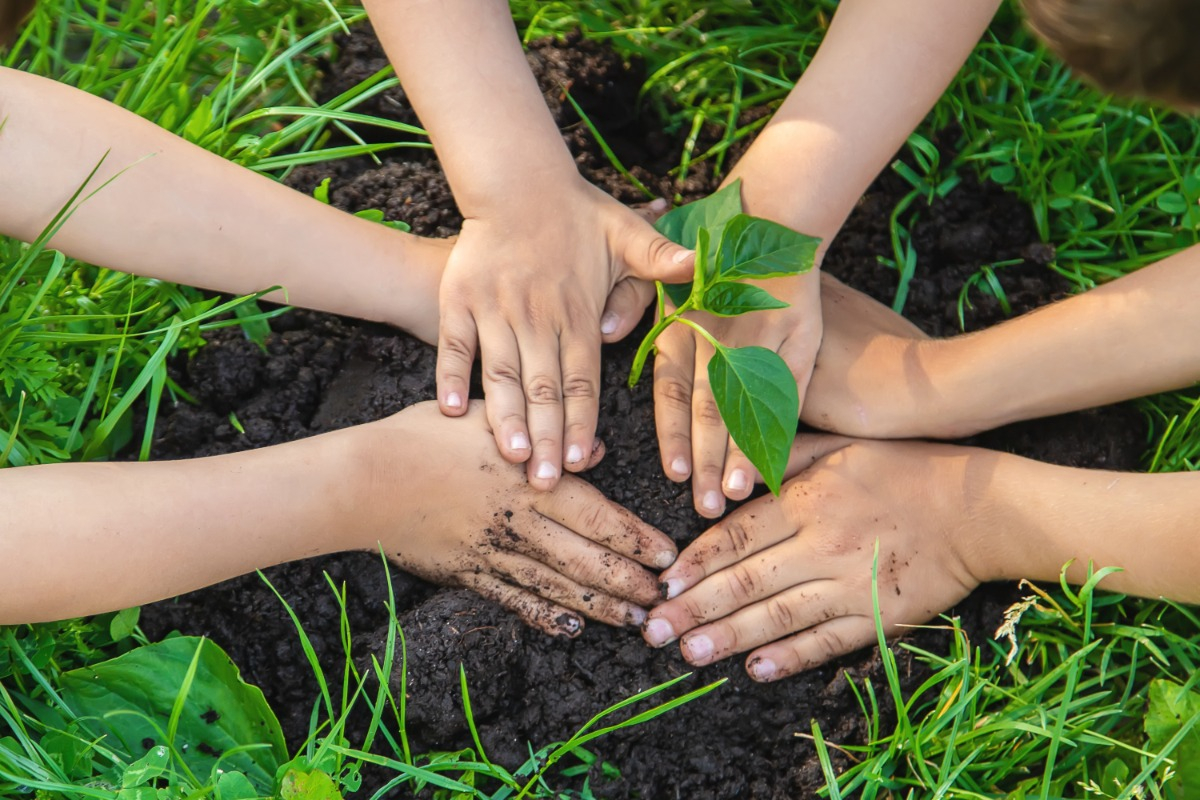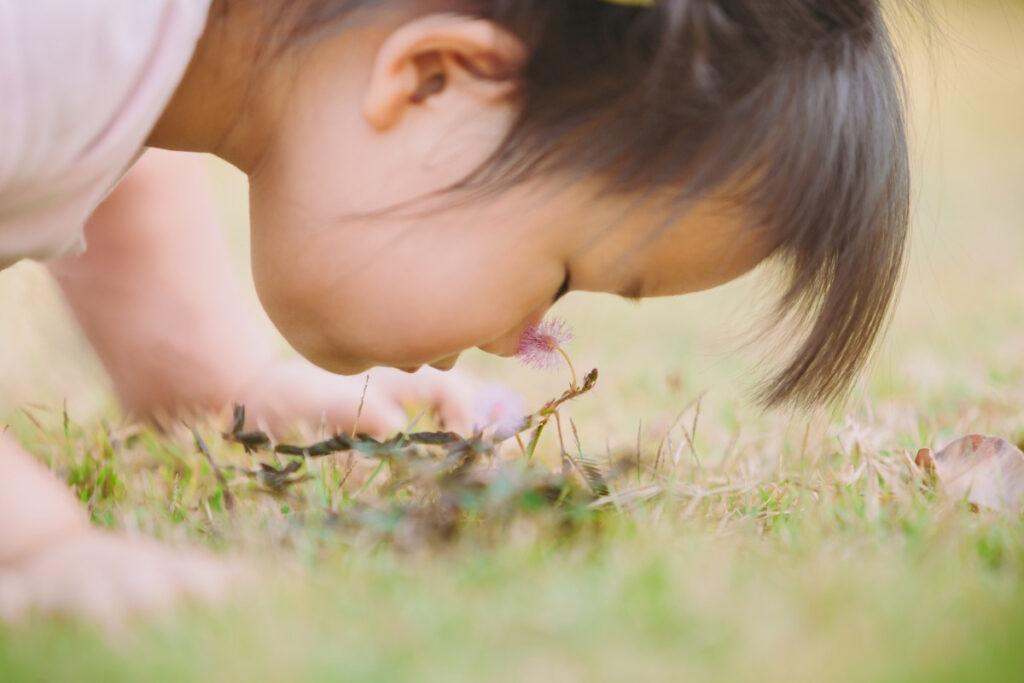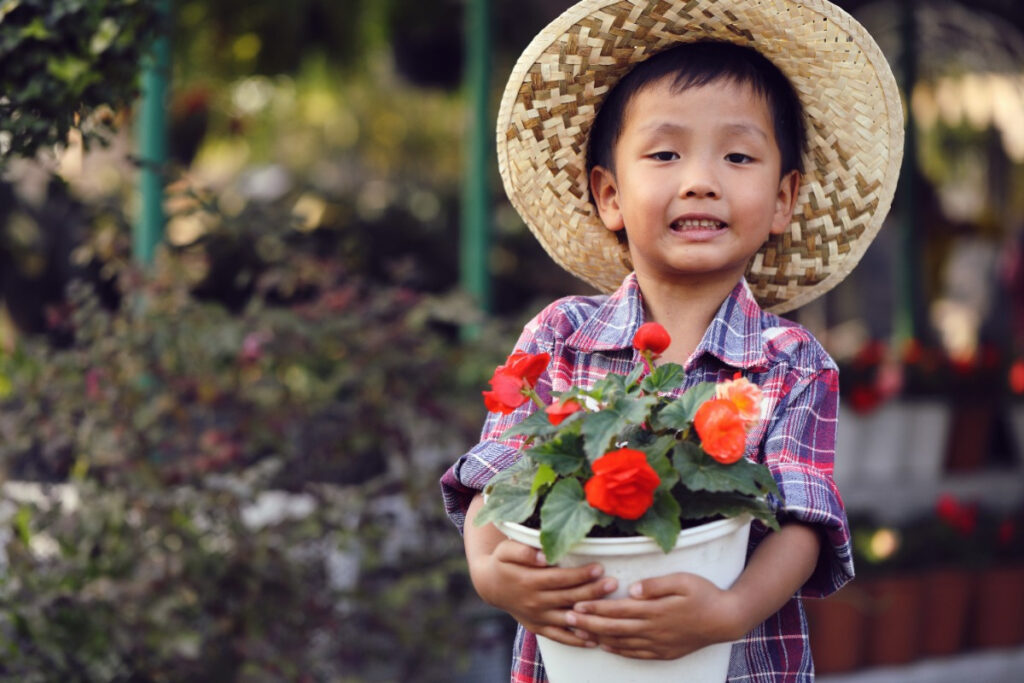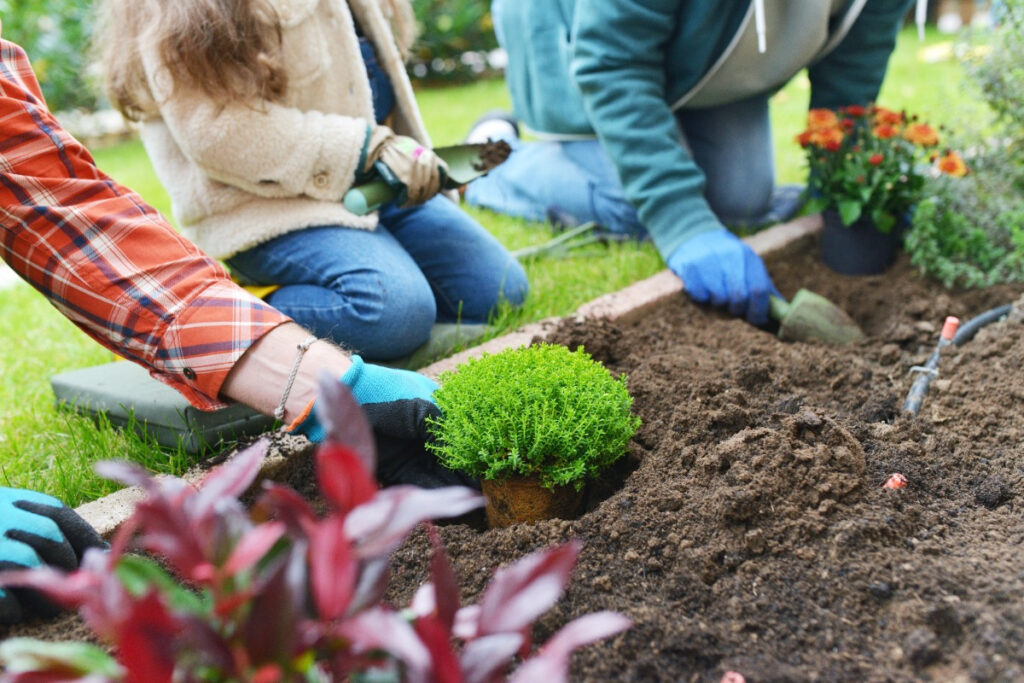Why Gardening for Differently-abled Children is Therapeutic
Gardening for differently-abled children is a great way for them to learn, grow, and have fun.
Differently-abled children may not have the opportunity to experience the beauty of nature firsthand. For example, they may live in urban areas with limited access to green space or have physical or cognitive challenges that make it difficult to get outside. Gardening for differently-abled children allows them to connect with nature and experience the benefits of spending time outdoors.
In addition, it can help them to:
- Develop their motor skills. Gardening requires a variety of physical movements, such as bending, squatting, and lifting. This can help children to improve their coordination and strength.
- Learn about plants and the environment. Gardening is an excellent way for children to learn about the natural world. They can learn about different types of plants, how they grow, and how they interact with the environment.
- Develop their social skills. Gardening can be one way for children to socialise with others. They can work together to plant seeds, water plants, and harvest crops.
- Reduce stress and anxiety. Spending time in nature has been shown to reduce stress and anxiety. In addition, gardening can provide a calming and relaxing experience for children.
Since gardening involves all the senses – sight, sound, smell, taste, and touch – it also serves as a wonderful immersive experience for children.
The Importance of Exploring Nature
According to a 2019 study in the International Journal of Environmental Research and Public Health, looking at flowers and plants can positively impact your child’s brain – specifically the prefrontal cortex and autonomic nervous system. For example, the brain relaxes as the eyes pay attention to greenery.
You might trigger your child’s curiosity to explore nature as they look closely at the living beings in the garden. For example, how do worms live in soil, and why do moths rest on leaves? When does a flower bloom?
The Sounds of the Garden
If we listen deeply to the nature around us, they play a melodic tune for us. Trees, plants, flowers, the wind, and insects form a great orchestra.
So, a short daily trip to your patch of green or some time with your balcony plants can help your child to be more aware of the sounds in these spots. In addition, sounds like rustling leaves, water splashing from a watering can, buzzing bees, and the thudding sound of a spade on soil can be wonderful accompanying “music” to their ears.
The Healing Power of Flowers
While flowers in your garden produce fantastic food for bees and ants, they also provide natural aroma therapy to soothe your children.
A 2013 research published in the American Society for Horticultural Science found that smelling flowers can influence a positive mood and emotions. For example, the fragrance of certain flowers can trigger joyfulness and reduce depressive feelings.
If you have lavender, rosemary, citrus, and rose blooms, get your child to smell them. You can even make scented candles from these flowers.
Gardening for Better Nutrition
The Health Ministry’s Dietary Guidelines recommend at least two servings of fruits and three servings of vegetables daily. However, only 5% of Malaysia’s population meets those requirements, according to the National Health and Morbidity Survey (NHMS) 2019.
Try to grow chillies, water spinach or pak choy in your garden. Then, your child can have the opportunity to savour the taste of their hard work. Growing their food also encourages them to appreciate their nutritional value.
The Benefits of Grounding
Why do we feel calmer when we touch grass with our bare feet, lie on a beach, or swim in the ocean? When our body connects with the elements, electrical charges from our surroundings support the electrical environment for all our organs, tissues, and cells.
This is ‘grounding’ and essential in improving our sleep quality, mood, cardiovascular health, and immune system, says a 2012 research published in the Journal of Environmental and Public Health.
Gardening is an effective grounding activity because it provides constant soil contact through planting and weeding. Even if your child just wants to play with the soil, it can help them unwind from stress, enhancing their physical and mental well-being.
In a post-COVID-19 world, we may have discovered we are resilient and resourceful. Still, gardening can be an important discovery for differently-abled children to enhance their physiological and psychological health.
By Dickson Yu
Pre-vocational Teacher




